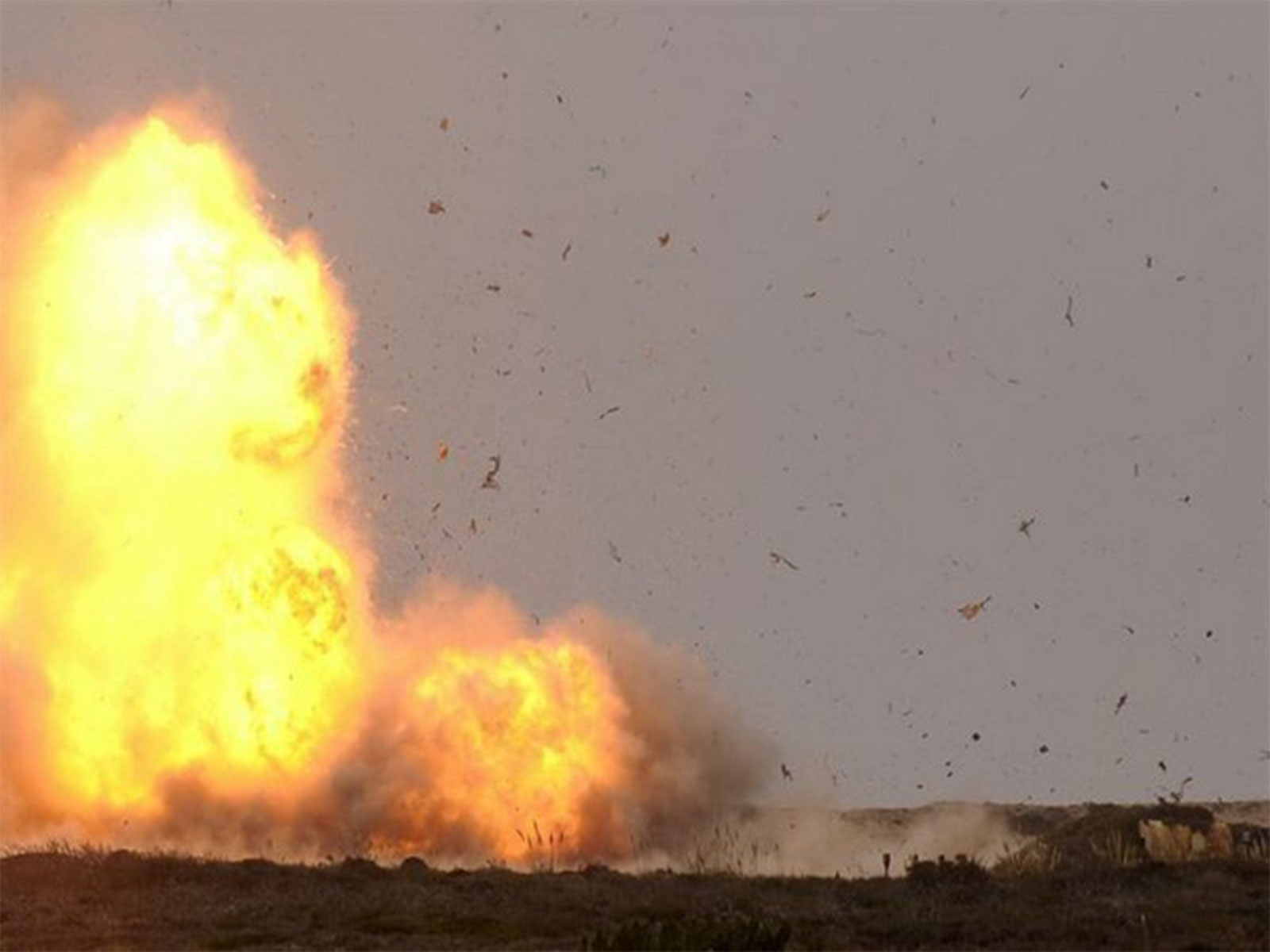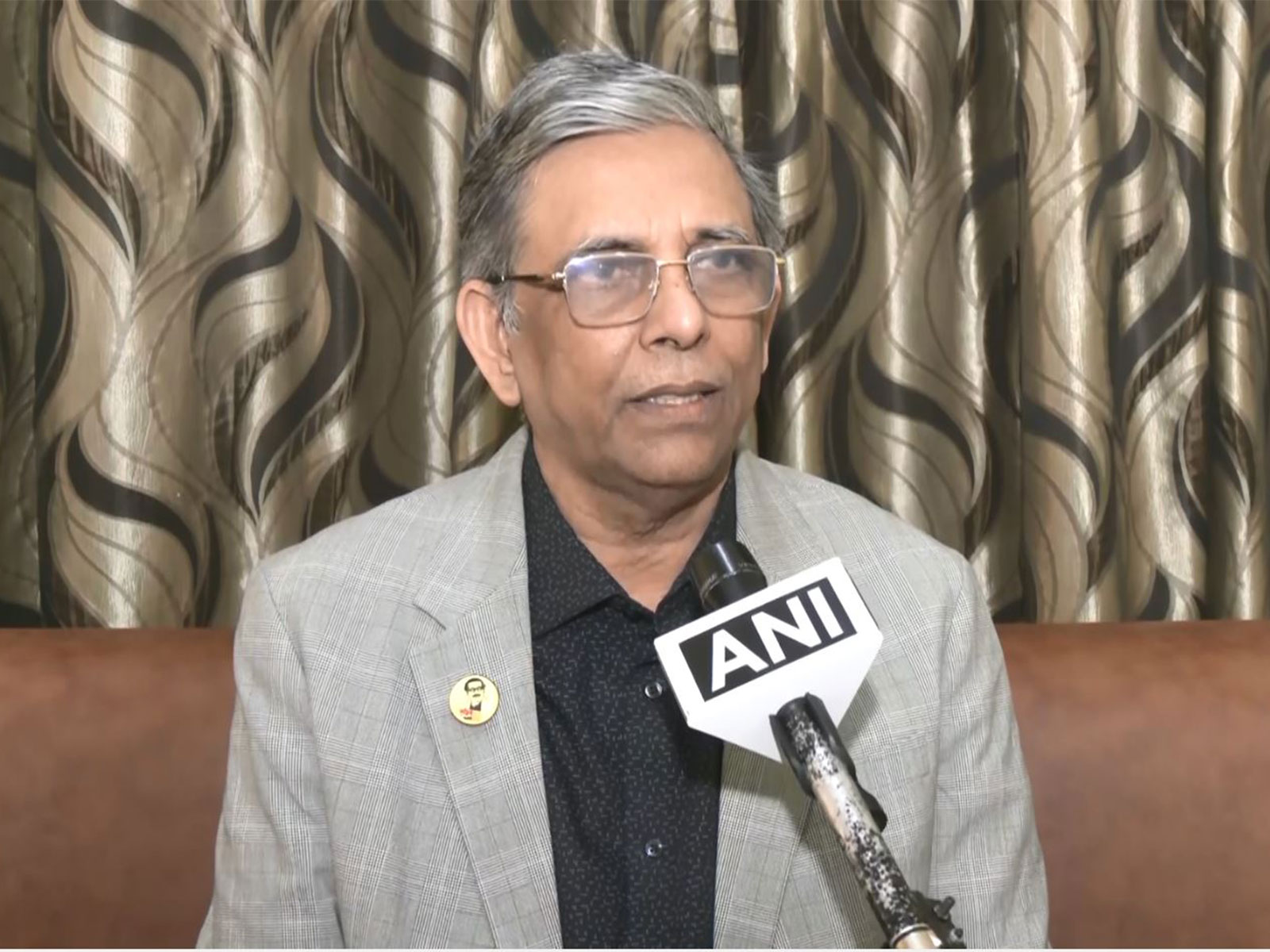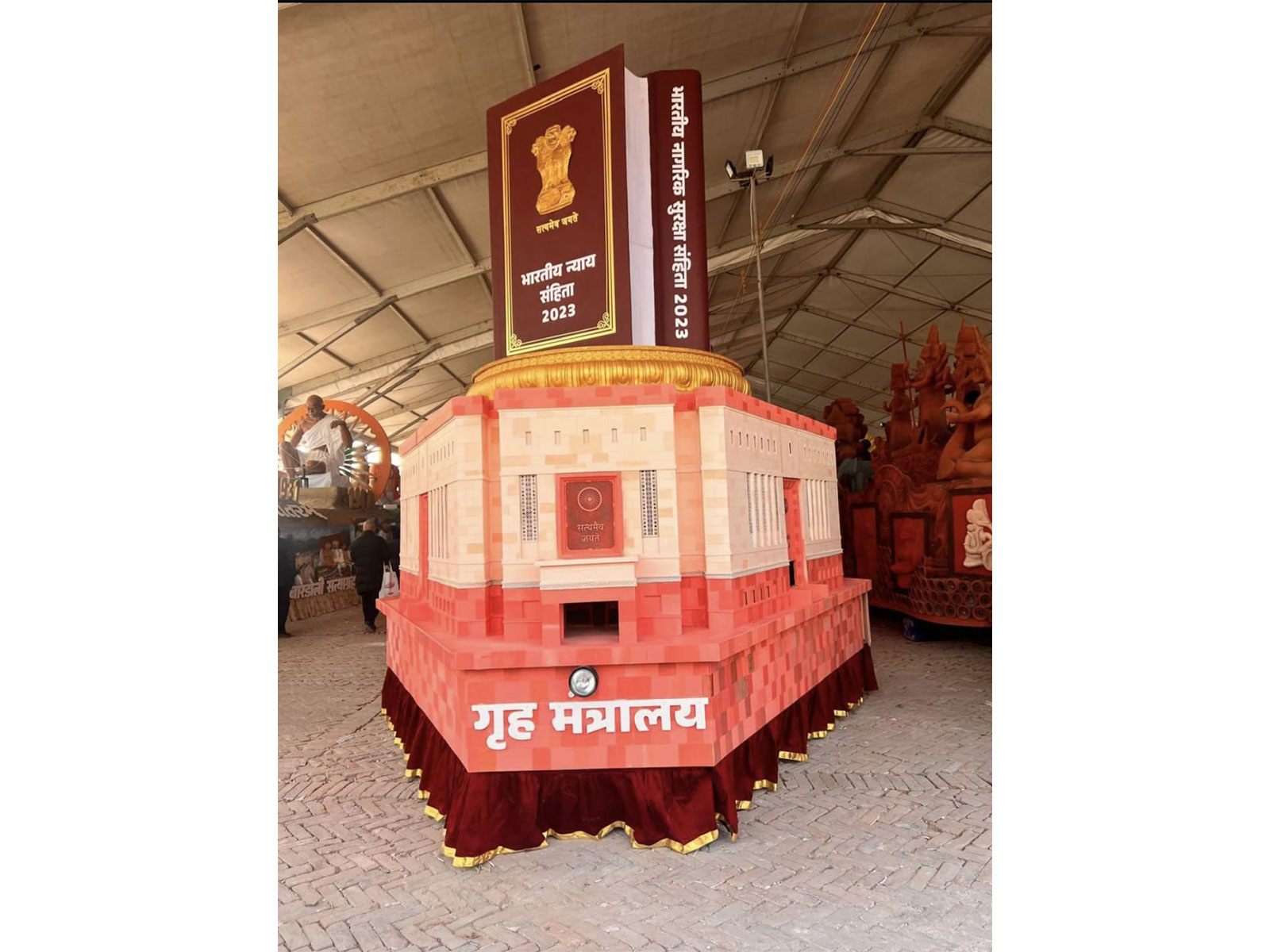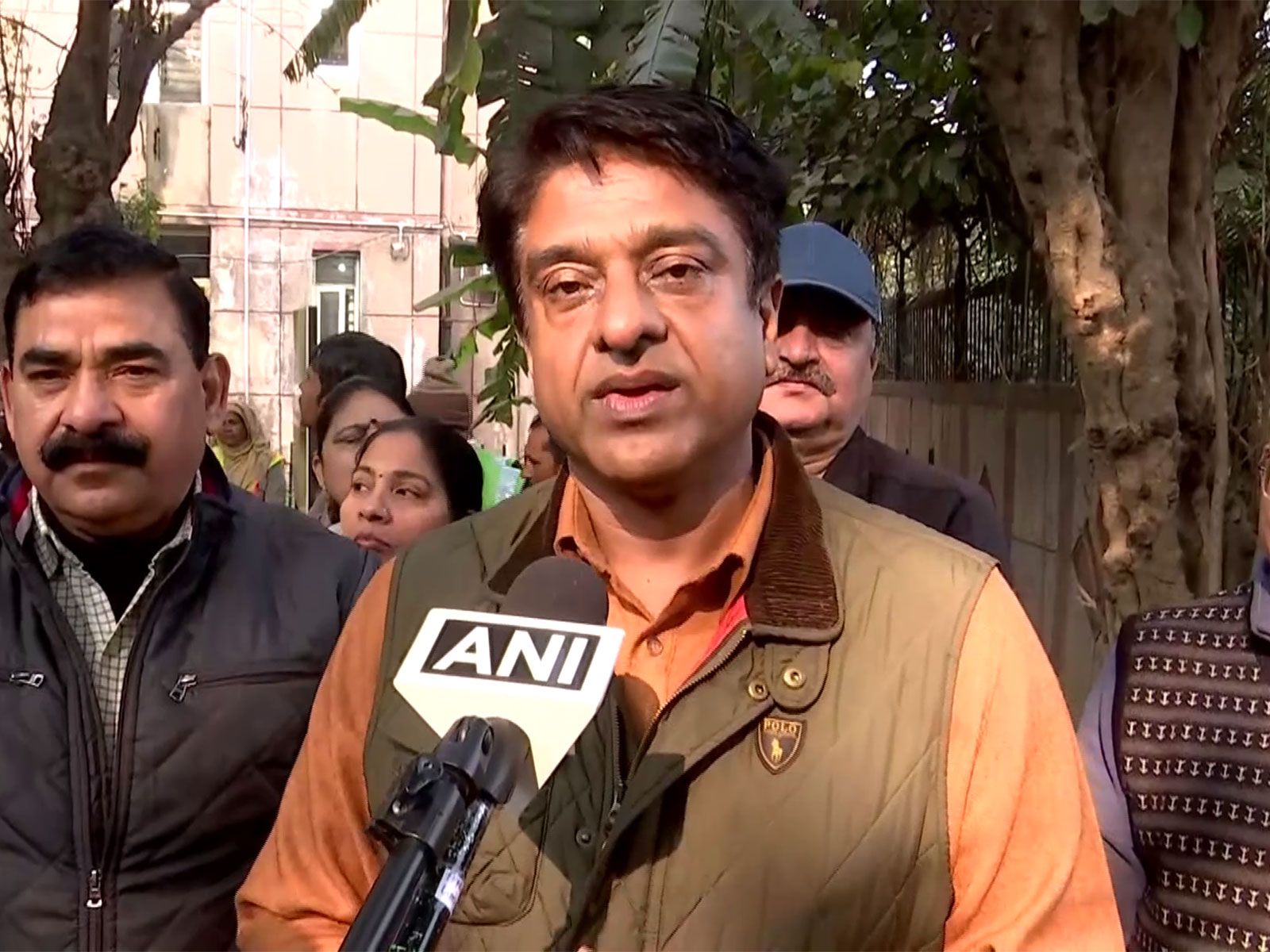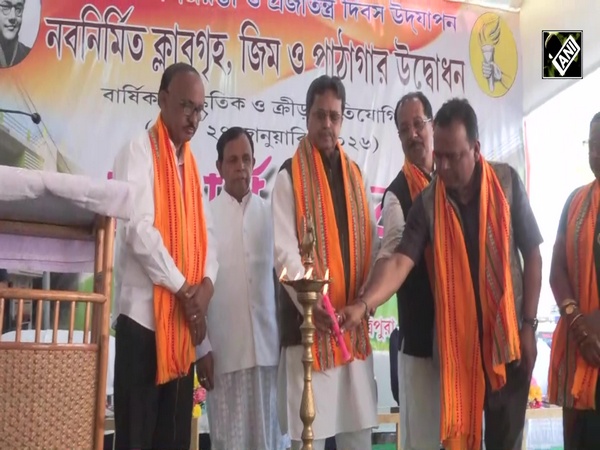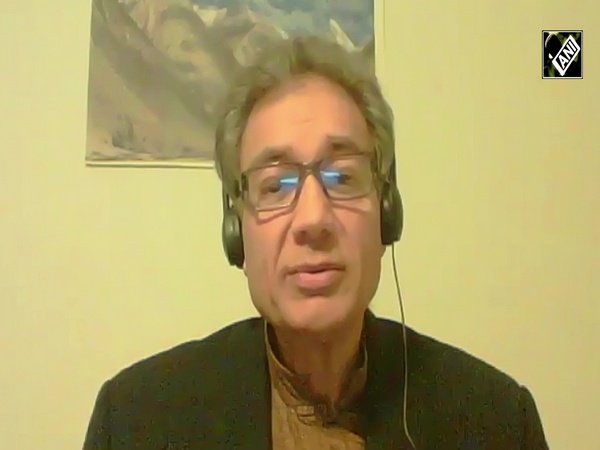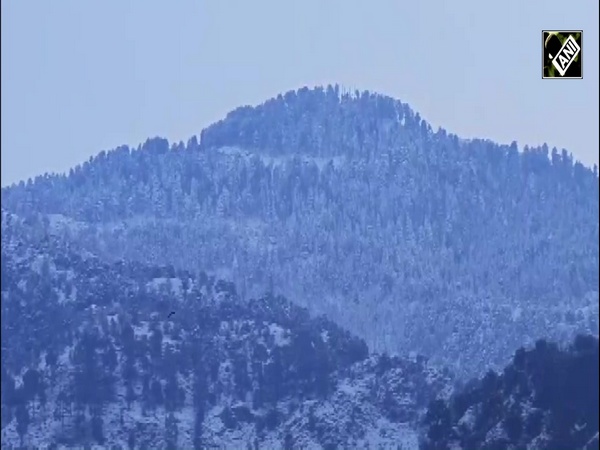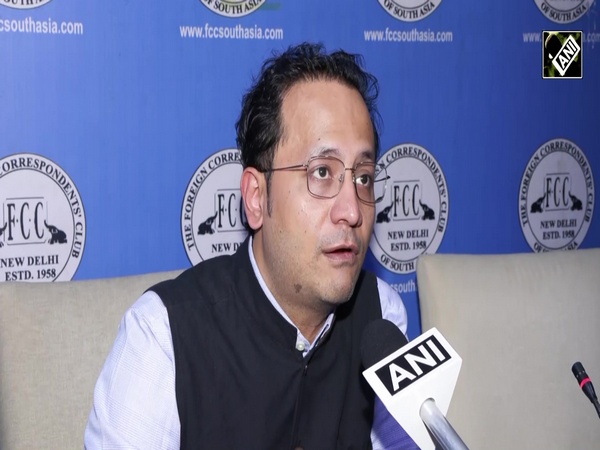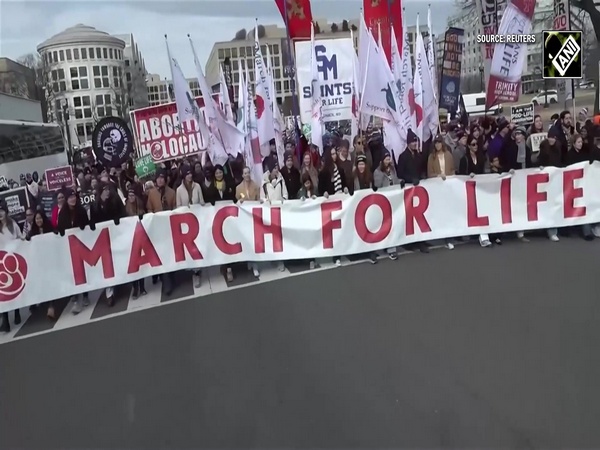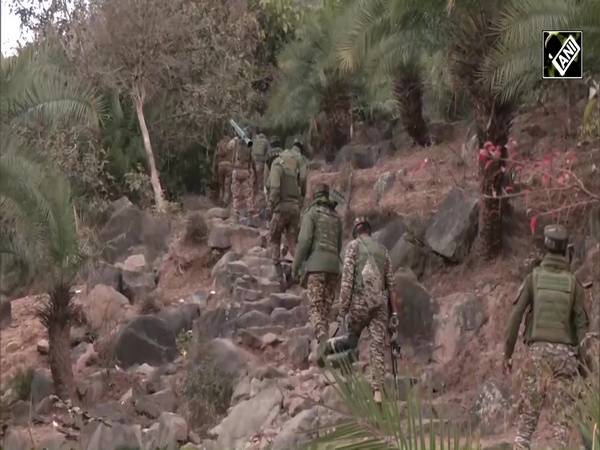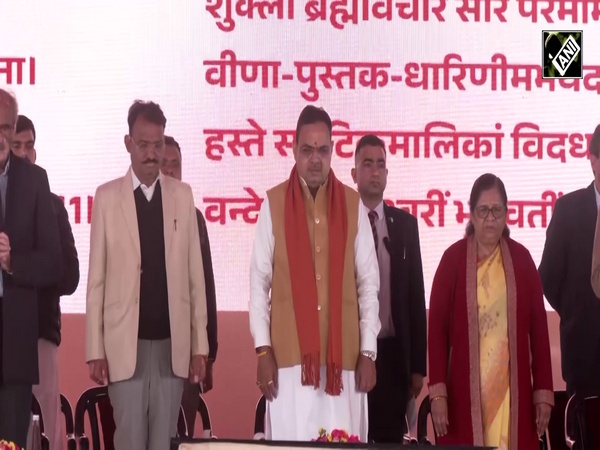Xinjiang birth rate fell nearly half in two years after Chinese crackdown: Report
May 13, 2021

Canberra [Australia], May 13 : The birth rate across the Xinjiang region fell by nearly half in the two years after China adopted "coercive and intrusive policing of reproduction processes", according to new research.
The Chinese crackdown has led to an "unprecedented and precipitous drop" in official birth rates in Xinjiang province, where western countries have blamed China for genocide against minorities, since 2017, according to the research by the Australian Strategic Policy Institute.
The largest declines have been in counties where Uyghurs and other indigenous communities are concentrated, it noted.
"Beginning in April 2017, Chinese Communist Party authorities in Xinjiang launched a series of 'strike-hard' campaigns against 'illegal births' with the explicit aim to 'reduce and stabilise a moderate birth level' and decrease the birth-rate in southern Xinjiang by at least 4.00 per thousand from 2016 levels. This followed years of preferential exceptions from family-planning rules for indigenous nationalities," the report read.
In 2017, the Chinese government's approach to birth control among minority nationalities shifted from "reward and encourage" towards a more coercive and intrusive policing of reproduction processes, the report pointed out.
The report highlighted the tools used by the Chinese regime to reduce the birth rates, which includes hefty fines, disciplinary punishment, extrajudicial internment, or the threat of internment.
Family-planning officials in Xinjiang were told to carry out "early detection and early disposal of pregnant women found in violation of policy," it added.
"The sharp drop in birth-rates in Xinjiang (a region with a population of nearly 25 million) is proportionally the most extreme over a two-year period globally since 1950. Despite notable contextual differences, this decline in birth-rate is more than double the rate of decline in Cambodia at the height of the Khmer Rouge genocide (1975-79)," it added.
In the name of stability and control, the CCP under President Xi Jinping is seeking to fundamentally transform the social and physical landscape of Xinjiang, the report noted.
This includes the construction of hundreds of prison-like detention centres and the mass internment of Uyghurs, Kazakh and other indigenous nationalities; a regime of highly intrusive and near-constant surveillance; the erasure of indigenous culture, language and religious practices and sites; and mandatory job assignments that are indicative of forced labour; among other now well-documented human rights abuses.
China has been rebuked globally for cracking down on Uyghur Muslims by sending them to mass detention camps, interfering in their religious activities and sending members of the community to undergo some form of forcible re-education or indoctrination.
Beijing, on the other hand, has vehemently denied that it is engaged in human rights abuses against the Uyghurs in Xinjiang while reports from journalists, NGOs and former detainees have surfaced, highlighting the Chinese Communist Party's brutal crackdown on the ethnic community, according to a report.
Early this year, the United States become the first country in the world to declare the Chinese actions in Xinjiang as "genocide".
In February, both the Canadian and Dutch parliaments adopted motions recognising the Uyghur crisis as genocide. The latter became the first parliament in Europe to do so.
In April, the United Kingdom declared China's ongoing crackdown in Xinjiang a "genocide".
